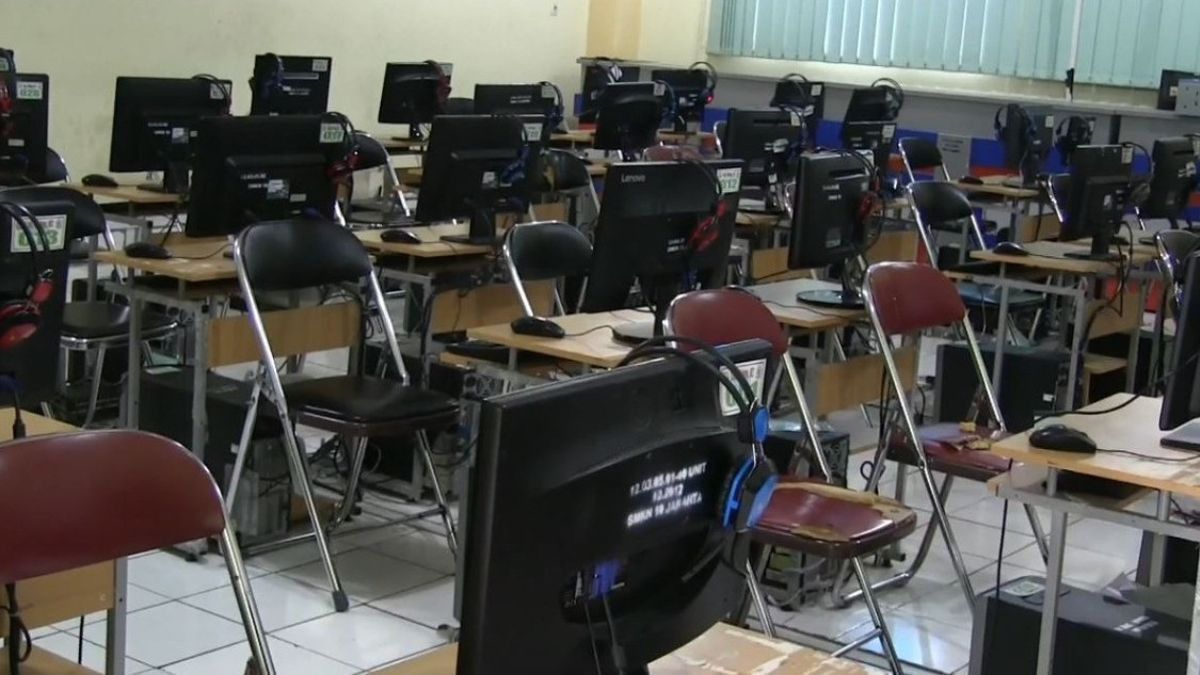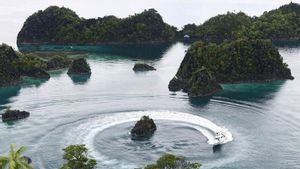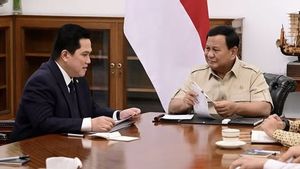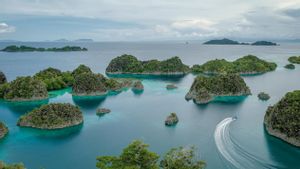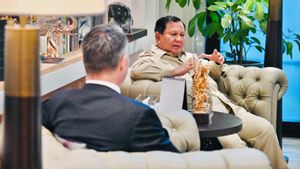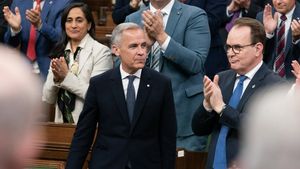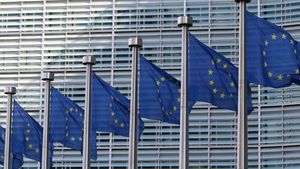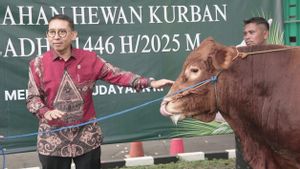JAKARTA - The Supervisory Board of the Federation of Indonesian Teachers' Unions (FSGI) Retno Listyarti considers the making of a joint decision letter (SKB) of four ministries regarding the opening of schools during the pandemic period as an attempt to shirk responsibility.
This is because there are no clear provisions regarding the obligations and prohibitions of opening schools in the green (no cases) and yellow (low risk) risk zone for COVID-19.
"FSGI criticizes the government because they created the SKB 4 ministers, as if it were an attempt to shirk responsibility," said Retno in a virtual discussion, Saturday, August 22.
Retno said that the effort to throw responsibility could be seen in the position of parents as the key holder of face-to-face learning in schools in an area including the green and yellow zones.
"Later, if a child becomes infected with COVID-19 because of studying at school, the government will be able to pass the responsibility by saying it depends on parents' permission and freeing children who choose distance learning. We see, this is a real effort to let go of responsibility. , "said Retno.
Retno also regretted the expansion of permits for opening schools to the yellow zone. This is because, according to him, the central government does not provide specific guidance and is limited to implementing the COViD-19 prevention protocol in general.
In addition, there is no party that is definitely responsible for overseeing the compliance with face-to-face learning so that it does not become a cluster for the spread of COVID-19.
"These things, in our opinion, endanger school residents. The SKB of four ministers, however, cannot protect school residents, be it teachers or our children," said Retno.
"In my opinion, it is important for the region to be ready, the school is ready, the teachers are ready, the parents are ready, the children are ready, then they can be allowed to open the school," he continued.
For information, the government has evaluated a joint ministerial decree (SKB) regarding face-to-face learning during the COVID-19 pandemic. Not only green zones, areas with yellow zones can also do face-to-face schools.
The green zone is a regency / city area that has never had a confirmed case of COVID-19 or no new cases for 14 days. Then, the yellow zone is an area with a low risk of transmission of COVID-19.
Meanwhile, all schools in the orange and red zones are still prohibited from conducting face-to-face learning. Schools in the zone continue to learn from home online.
The stages of the decision to open schools to carry out face-to-face learning began with the COVID-19 Handling Task Force, which mapped areas with risk zones for COVID-19 transmission.
Then, the regional government (pemda) of district / city offices of the Ministry of Religion was given the will whether or not they wanted to give permission to reopen schools and madrasas.
"Although it is permissible, if the local government and the head of the education office feel they are not ready, they do not have to start face-to-face learning," said Minister of Education and Culture Nadiem Makarim.
Then, if the local government states readiness to carry out face-to-face learning, they will ask each school principal and school committee whether it is ready to open the school or not.
"One more level, even if the school is ready and starting to do face-to-face learning, if there are parents of students not allowing their children to go to school because they are still uncomfortable with the risk of COVID-19, that is the prerogative of the parents," he concluded.
The English, Chinese, Japanese, Arabic, and French versions are automatically generated by the AI. So there may still be inaccuracies in translating, please always see Indonesian as our main language. (system supported by DigitalSiber.id)
